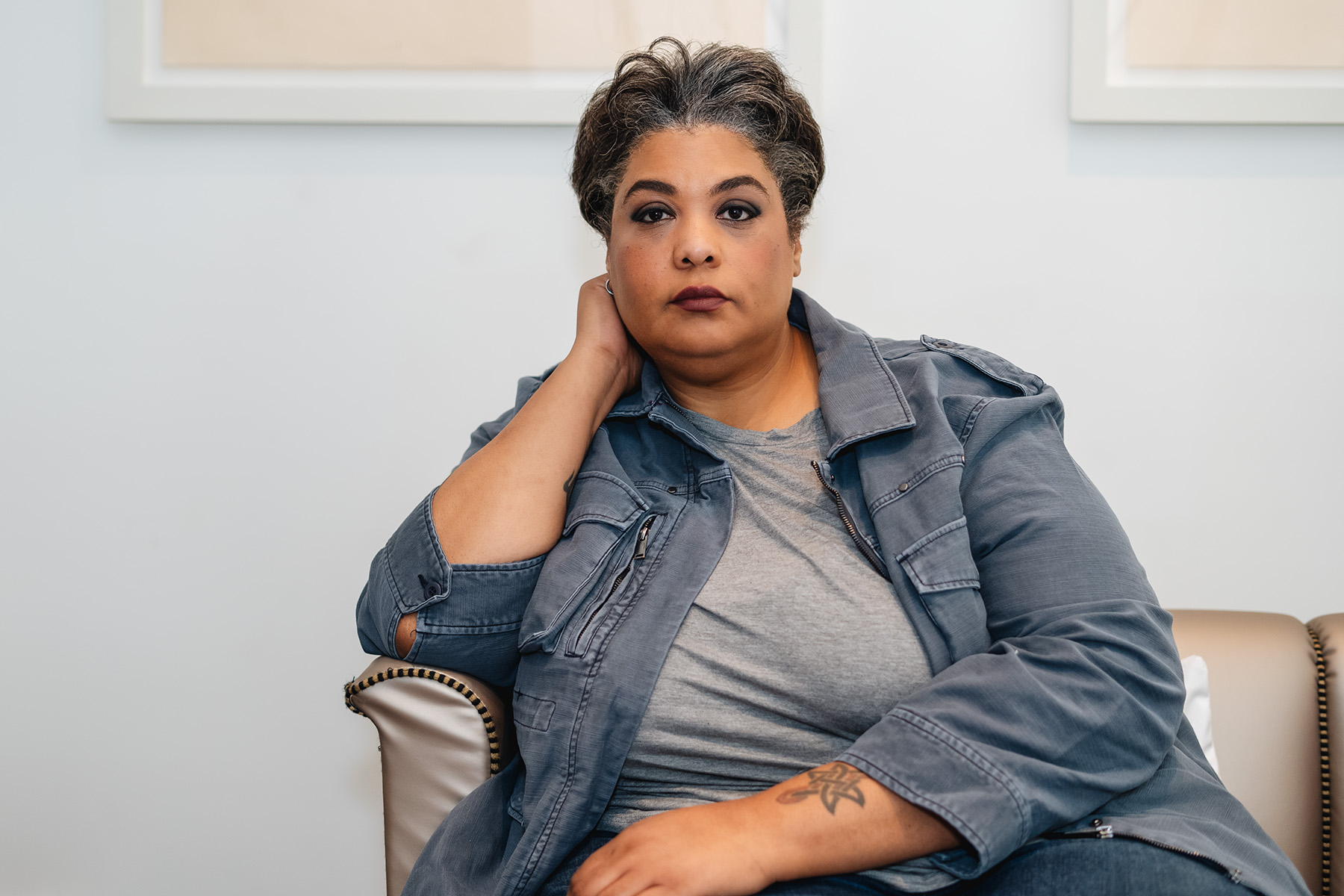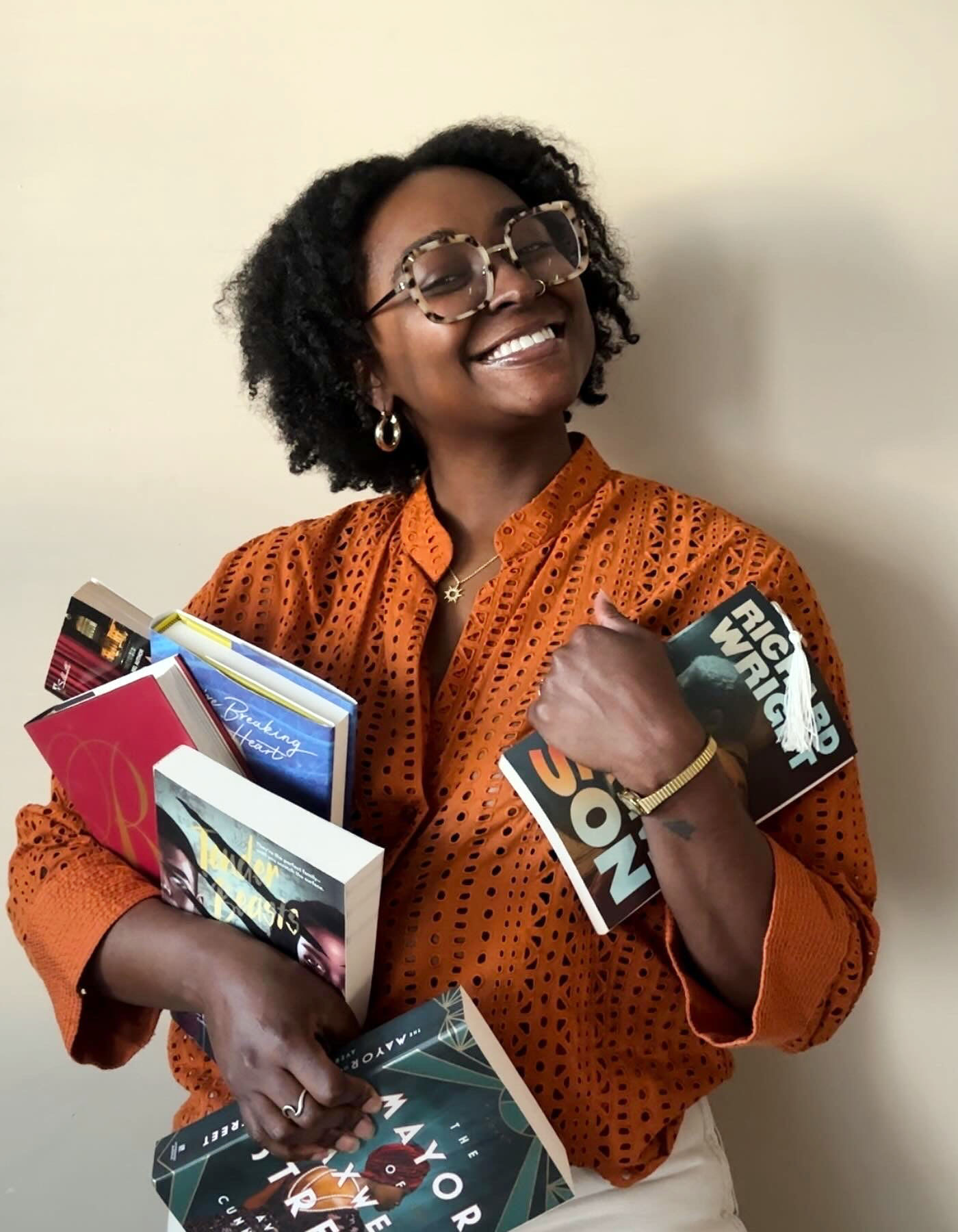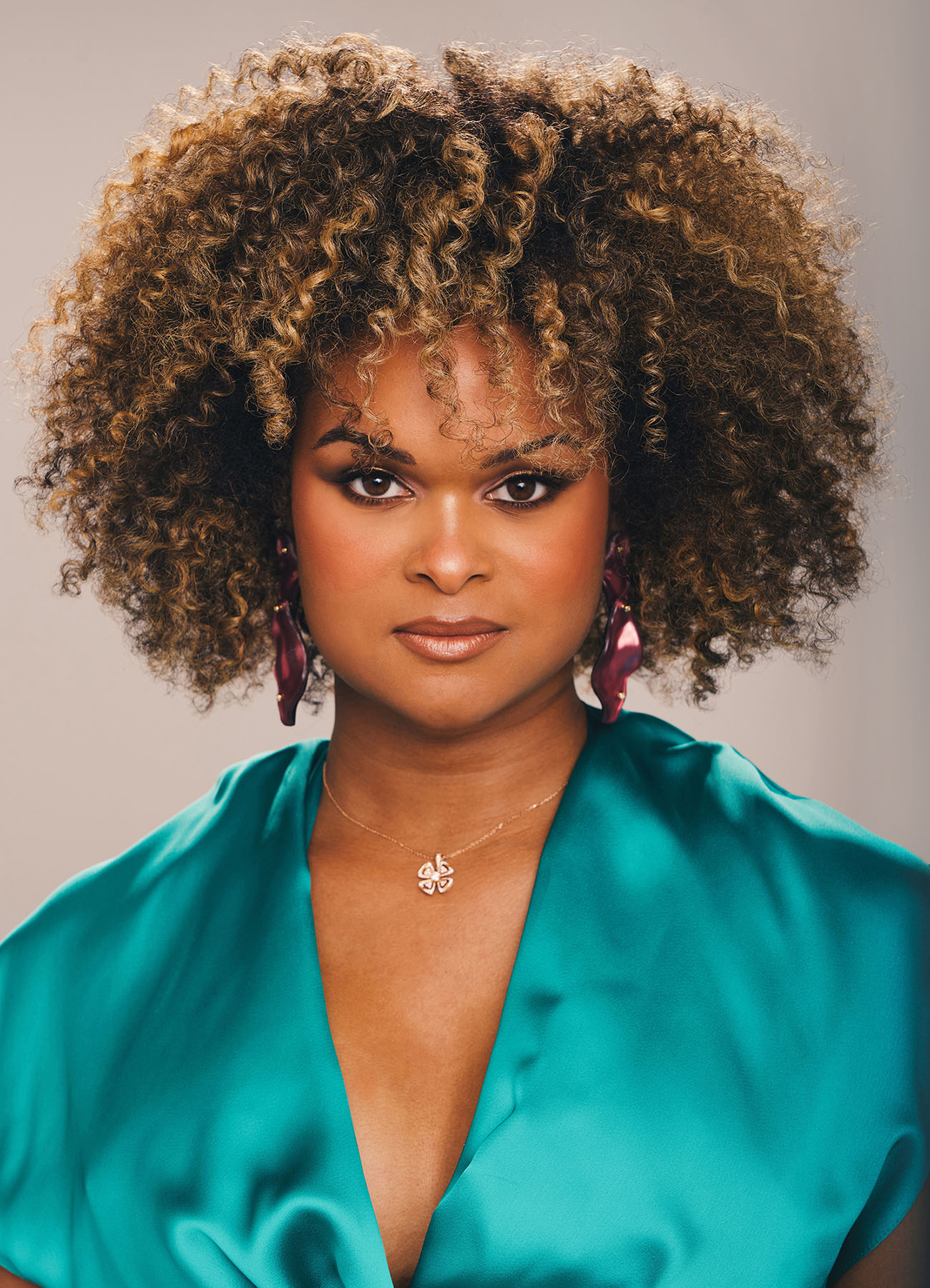Originally published by The 19th
This Black History Month, we’re telling the untold stories of women, women of color and LGBTQ+ people. Subscribe to our daily newsletter.
This year’s Black History Month theme, chosen by the Association for the Study of African American Life and History, is “African Americans and The Arts.” Black Americans have made significant contributions to creative mediums such as dance, art, literature and more, but many of these additions have gone unrecognized, according to the association.
“For centuries Western intellectuals denied or minimized the contributions of people of African descent to the arts as well as history, [yet]… African American artists have used art to preserve history and community memory as well as for empowerment,” the association stated. “Artistic and cultural movements such as the New Negro, Black Arts, Black Renaissance, hip-hop, and Afrofuturism, have been led by people of African descent and set the standard for popular trends around the world.”
But setting standards and trends isn’t the end goal. In literature, Black storytelling and writing has allowed for African Americans to write themselves into history and pass on a literary legacy of knowledge, lived experience and power. From it, readers and writers of today have been able to gain insight and share in the beauty of this tradition.
The 19th spoke with Black women authors and writers to learn more about the importance of the Black literary legacy and impact of Black writers, especially women and queer writers. Each recommended books that they believe have made significant impacts within literature.
Roxane Gay, author, educator
“Black literature has meant everything to me.”

Roxane Gay is a New York Times bestselling author and educator, with her work focusing on the intersections of womanhood, queer identity, Blackness and more. For Gay, Black History Month has long been a contentious commemoration of sorts, celebrating the duality that exists in the Black cultural zeitgeist.
“It’s a time to celebrate the accomplishments of Black people that have long been overlooked or ignored or diminished, a reminder that we have always been here and we have always contributed to the robustness of not only this country, but the world,” Gay said. “It’s a reminder of actually how we came to be here in the first place, which is through enslavement and the Middle Passage.”
She added, “ We have to celebrate both the good and the unacceptable, and Black History Month allows us to do that.”
Black literature has meant “everything” to Gay, who grew up without access to it. One of the first Black authors she ever read was Toni Morrison, who showed her how “expansive” Black imagination can be and what it means to be a Black woman writing fiction.
“I grew up in Omaha, Nebraska, with immigrant parents, and so I didn’t really have a lot of exposure to Black [American] literature … until high school,” Gay said. “It opened up the whole world to me to recognize that Black women were writers, and that we could write our way into the world in very unique ways.”
Gay is continuing in the legacy of Black literature by not only writing at the table, but inviting others to pull up a seat. In 2022, she started a $25,000 fellowship for Substacks, and regularly publishes emerging writers on her own Substack.
“One of the more important things I feel like I do is not my writing, but creating opportunities for other writers and in particularly marginalized writers, starting with Black women, but certainly extending to really anyone who would not ordinarily have equal access to certain avenues in publishing, to create those opportunities to make sure that they are whenever possible, well funded. That feels like an important thing to contribute to the legacy of Black women and literature,” Gay said.
Gay’s top pick:
- “Beloved” by Toni Morrison: “It’s just audacious and painful. On a sentence level, it’s exquisite, and I really admire that.”
She also recommends:
- “NW” by Zadie Smith: “It’s not, I think, her most popular book, but it’s actually my favorite of her books, because she’s trying some really interesting things there.”
- “The Cancer Journals” by Audre Lorde: “Haunting and real.”
- “The Known World” by Edward P. Jones: “It’s just a beautiful novel, containing layers.”
- “The Reformatory” by Tananarive Due: “Newer and excellent.”
Dawnshaeé Reid, content creator, writer
“Black literature has opened my eyes.”

Dawnshaeé Reid is a content creator and book enthusiast using her following of over 70,000 to inspire future generations to read. Reid not only shares her love of books through her TikTok and Instagram platforms, but also through partnering with a local independent bookstore in her hometown of Louisville, Kentucky.
Reid takes Black History Month as an opportunity to excavate the lessons history teaches.
“Black history means to me capturing what has happened, and allowing us to learn from it and evolve through it,” Reid said. “So just being able to see where we have come from as a group of people, our roots to present day, and what will be in the future.”
For Reid, the celebration of African Americans in the arts means giving them “their flowers,” recognizing their contributions to their mediums and supporting them in telling their stories. She likens the recent popularization and virality of bell hooks’ “All About Love: New Visions” on social media as a way to continue uplifting Black stories and literature.
“bell hooks — she has started to really circulate, especially in the social media space, and granted, some people aren’t really able to understand her words and what she was expressing. But the fact that she was able to speak her truth and write it down, and also get it published, was very impactful,” Reid said.
Reid didn’t start reading Black literature until she was an adult. It’s important to her to expose people — including her daughter — to the books she loves Part of that comes through curating a section at Foxing Books in Louisville.
“Being able to finally choose the books that I want to read, and also have the privilege to get the books that I want to read, has allowed me to shape my understanding of my own culture, and really push the importance of reading Black books,” Reid said.
It’s why sharing with her community matters so much. “If we’re able to continuously put these great books by Black authors in front of people, it’s gonna make a huge difference,” Reid said.
“Trying to divide up all of that effort and do it for where I actually have to live and where I also have to raise my daughter. That’s very important for me to try to use literature, the best way that I can to change the real world.”
Reid’s top pick:
- “The Nickel Boys” by Colson Whitehead: “One of my favorite books to recommend. It made me cry and it was just really good.
She also recommends:
- “Sister Outsider” by Audre Lorde: “Spoke to me as a Black queer woman … it is the foundation of intersectionality, and having a better understanding of what that means.”
- “Assata” by Assata Shakur: “Being able to read this book and understand this was history, this was things that truly happened and this person wrote this book … one of the best memoirs I’ve ever read.”
- “Monticello” by Jocelyn Nicole Johnson: “Each of the stories are all about different people trying to make an understanding of what this home is, and how to make peace with the home that isn’t always inviting and creating peace within that type of frustration.”
- “A Love Song for Ricki Wilde” by Tia William: “I just thought it was the cutest thing in the world.”
Raquel Willis, author, advocate
“For me, it’s all connected.”

Storyteller and journalist Raquel Willis is a transgender rights advocate hailing from Augusta, Georgia.
Willis uses Black History Month as a time to harness the spirit of culture and connectivity to foster change in the world around her.
“Black history is connecting with our roots, as folks of the great and glorious African diaspora. What’s particularly important for me is excavating and elevating queer and trans narratives within Black history, because so often we don’t have access to those,” Willis said.
With her podcast, “Afterlife,” and debut memoir, “The Risk It Takes to Bloom: On Life and Liberation,” Willis remains determined to use the power of storytelling to uplift marginalized narratives and offer an image of possibility to those coming after her. That feels critically important for Willis, who recognizes that even as Black artists have been at the “center of culture,” their contributions are often buried.
“Black folks have indelibly crafted much of what we consider to be American,” Willis said. “When I think about the literary tradition, I think of figures who understood the duty of writing reality or writing fantasy, as a tool of liberation. So you don’t get a robust discussion of, for instance, lynching without the contributions of someone like Ida B. Wells Barnett. You don’t have complex understandings of anti-Blackness without the contributions of someone like James Baldwin.”
Out of the many things Black literature can offer — mirrors of self, new perspective, lessons in history and culture — Willis is most inspired by the connection to social justice. It is this connection that calls her to put down “breadcrumbs” for the next generation.
“I appreciate the opportunity to claim the legacy of the Black literary tradition as a Black trans woman … I love that I get to understand the connections between social justice and storytelling, and how what we write can unlock new things in our everyday life,” Willis said. “For me, it’s all connected. And for me to write freely on the page is connected to me being able to live freer.”
Willis’ top pick:
- “I Know Why the Caged Bird Sings” by Maya Angelou: “It’s not just words on the page — there’s music in the way that they craft dialogue.”
She also recommends:
- “Sister Outsider” by Audre Lorde: “I appreciate that she really talks on an elemental human level about the erotic, about emotions, about her body and in these really powerful ways that even now there still very little room for black women to do that.”
- “Wild Seed” by Octavia Butler: “She really digs into what feels like this eternal tussle between the divine feminine and the divine masculine.”
- “Surpassing Certainty” by Janet Mock: “Gives us a deeper richer context of her journey as a Black trans woman in her 20s.”
- “Hiding My Candy” by the Lady Chablis: “The Lady Chablis is this phenomenal character, and you really get her full voice in an authentic way.”

